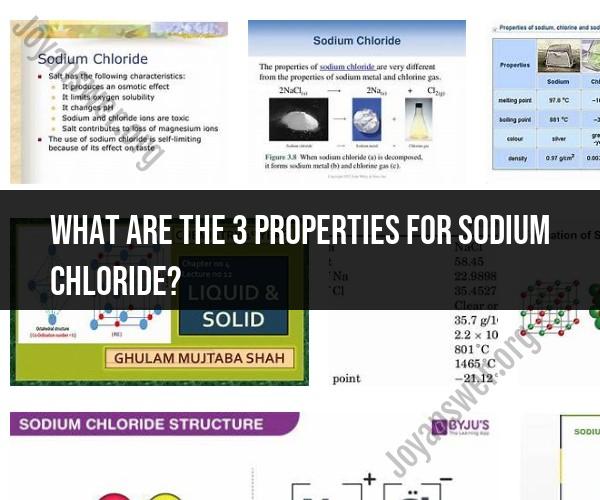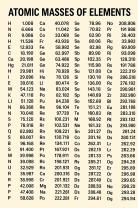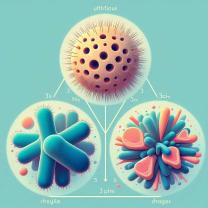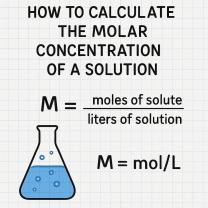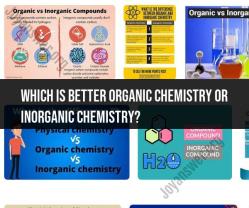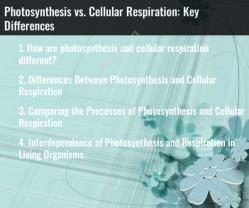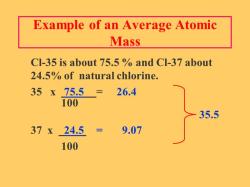What are the 3 properties for sodium chloride?
Sodium chloride (NaCl), commonly known as table salt, is a fundamental compound with various properties and characteristics. Let's explore its key properties:
1. Chemical Composition:
- Sodium chloride consists of two elements: sodium (Na) and chlorine (Cl), in a 1:1 ratio. It has a chemical formula of NaCl.
2. Physical State:
- Sodium chloride is typically found as a crystalline solid at room temperature and pressure.
3. Color and Appearance:
- It is typically white or colorless in its pure form and appears as small, transparent, cubic crystals.
4. Solubility:
- Sodium chloride is highly soluble in water, and this property makes it essential for seasoning food and preserving it through pickling.
5. Taste:
- It has a characteristic salty taste, which is why it is commonly used as a flavor enhancer in food.
6. Melting and Boiling Points:
- Sodium chloride has a high melting point of approximately 801°C (1,474°F) and a boiling point of around 1,413°C (2,575°F).
7. Density:
- Its density varies with temperature and pressure but is roughly around 2.165 g/cm³ at room temperature.
8. Electrical Conductivity:
- When dissolved in water or melted, sodium chloride becomes a good conductor of electricity due to the presence of mobile ions (Na⁺ and Cl⁻).
9. Hygroscopic:
- Sodium chloride is hygroscopic, meaning it can absorb moisture from the atmosphere, which can cause it to clump together over time.
10. Ionic Bonding:- It is held together by strong ionic bonds between sodium ions (Na⁺) and chloride ions (Cl⁻), resulting from the transfer of electrons between the two elements.
11. pH Level:- When dissolved in water, sodium chloride does not significantly affect the pH level, making it neutral.
12. Application:- Sodium chloride is widely used as a seasoning and preservative in food.- It is essential for maintaining the electrolyte balance in the human body and is used in intravenous saline solutions.- It is used in the chemical industry for various processes.- In colder regions, it is used as a de-icing agent on roads and sidewalks.- It is used in the production of chlorine and sodium hydroxide through the chlor-alkali process.
13. Occurrence:- Sodium chloride is abundant in nature and can be found in large deposits in salt mines and salt pans. It is also present in seawater, where it makes up a significant portion of the dissolved salts.
14. Safety Considerations:- While sodium chloride is generally safe for consumption in moderate amounts, excessive salt intake can lead to health issues such as high blood pressure and cardiovascular problems.
Sodium chloride's unique properties make it a crucial compound in various industries and an essential part of our daily lives. Its chemical simplicity, solubility, and taste have contributed to its widespread use in food, industry, and medicine.
Sodium chloride, commonly known as table salt, has several important properties. Here are three key properties of sodium chloride:
Solubility: Sodium chloride is highly soluble in water. When added to water, it readily dissolves, forming a clear and colorless solution. This property makes it easy to incorporate salt into various culinary and industrial processes. The solubility of sodium chloride is due to the attraction between the positively charged sodium ions (Na+) and the negatively charged chloride ions (Cl-) and the ability of water molecules to surround and separate these ions.
Crystalline Structure: Sodium chloride forms a distinctive crystalline structure when it solidifies. It belongs to the cubic crystal system and has a face-centered cubic (FCC) arrangement of its ions in a repeating pattern. This regular and orderly structure gives salt its characteristic appearance and allows it to form cubic or octahedral-shaped crystals.
Taste and Flavor Enhancement: Sodium chloride is well-known for its salty taste, which is one of the five primary tastes perceived by the human palate (the others being sweet, sour, bitter, and umami). This salty taste is not only a fundamental component of many foods but also plays a crucial role in enhancing the flavors of dishes. It is often used as a seasoning and preservative to improve the taste of food and increase its shelf life.
These properties, along with its widespread availability and low cost, have made sodium chloride a vital ingredient in the food industry, chemical processes, and various applications ranging from water softening to snow and ice removal.
